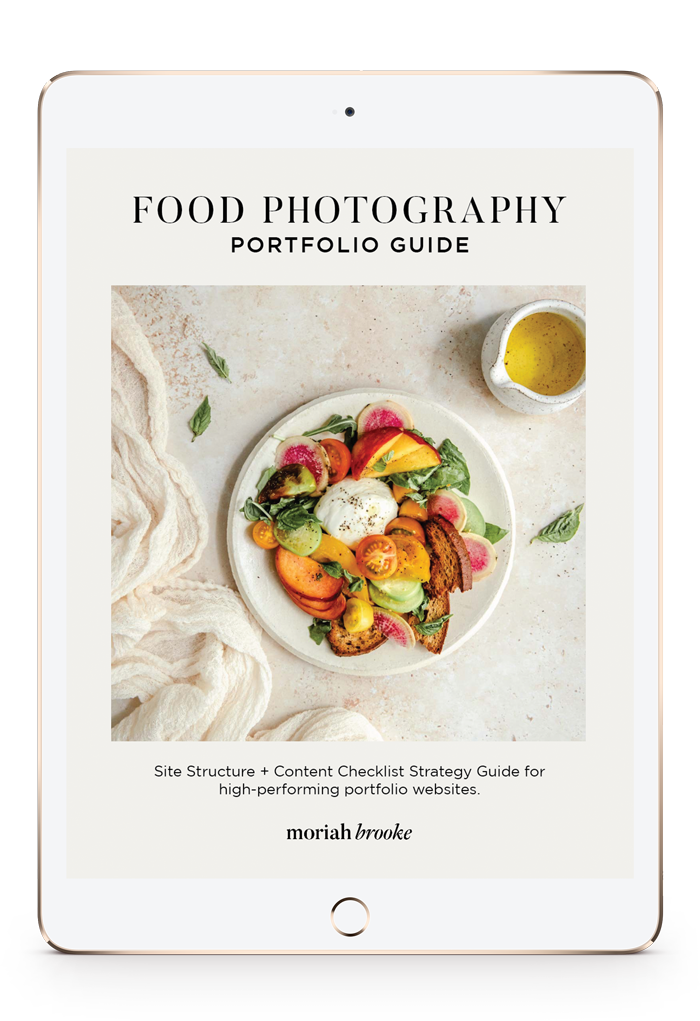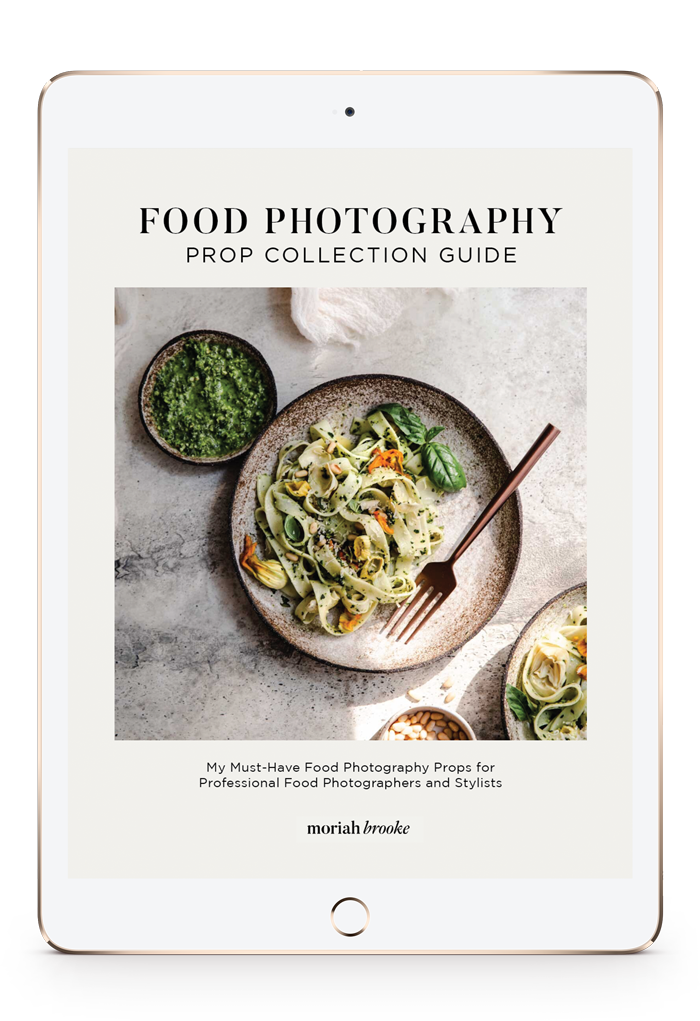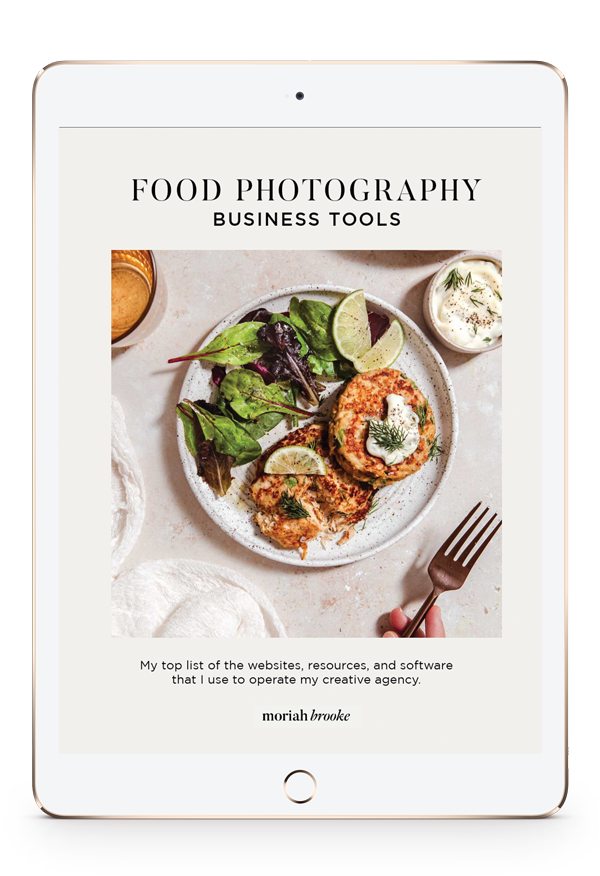Creativity is a Choice
If I had to list one person who has had the biggest impact on me as an entrepreneur it would be Seth Godin. His books are all insightful and actionable, and he writes in a way that is easy to grasp and implement. Many books are just one idea just really drawn out that you could’ve gotten from the Amazon synopsis, but Seth’s books are basically just pages of the most boiled down, concise, wise ideas. (A personal favorite is The Practice.)
This idea might sound simple, but it really blows all of our preconceived ideas around creativity out of the water and is a gut check for those of us who waste time looking for inspiration or waiting for the muse to strike. Part of being your own boss is being accountable to yourself, and I’ve had to learn to keep myself accountable to waking up and making the decision to be creative.
Maybe this sounds a little lofty or hard to execute, but I think it really comes down to getting up and just doing the work to the best of your ability, and knowing that you will grow to be more creative and more inspired as you go. Of course you will have bad days, but often the best creative moments come as a result of pushing through those difficult moments. It’s very much like a muscle in that you have to exercise it to get stronger. You are creative when you decide to be and you will become more creative with practice, just in the same way that your muscles are strong when you decide to put them to use and become stronger with more continued training. Imperfect action is the way forward.
The most important thing to spend your money on is time and the preservation of it.
This is a lesson I’ve heard said a few different ways, but Shane Parrish said it the most eloquently.
He also said “The cost of perfection is inaction” which was a big kick in the butt for me with starting this podcast, but I digress.
He tweeted “At a personal level, there is no better use of money than saving time. It blows my mind that my parents will consistently drive 30 minutes out of their way to save $2 on gas.”
But this works on a business level, too. Why would you go way out of your way to search the internet and learn everything the hard way when there are experts with courses that are easily accessible to you? I know that my own scarcity mindset has held me back in the past from investing in myself, but I can say with 100% certainty that every time I saw a course and said “nope, I see you and your offer but I am going to go through pages of google and months of trial and error to figure this thing out all by myself” I ended up wasting time, which cost me time that I could’ve spent making money, and then using that money to save more time.
It’s funny how much we let the construct of money get in our way. And I understand that this is easier said than done, I built this business totally alone with my own money and while in the midst of a really terrible amount of student debt. My unlearning around money has been deep, and if I can do it, I know you can, too. I think too often we make money the endgame in our minds when to me, money is just a byproduct of good work, and a tool to get more time and make the most of our time. When we hold too tightly to money as our endgame we are sacrificing more fulfilled time. You have to unclench your fists around money and be willing to invest it in things that are going to save you time. To me, money is this thing I can use in a cycle of investing in myself, bringing in more money, and then using it to buy more time and investments and to really show up as the money generous version of myself. This just brings up so many deep-rooted fears and its a lot to unpack, so I really recommend doing some journaling around this topic
Pit Stops are Preventative
So last year I became a big formula 1 fan due to the Netflix show, and it made me dive pretty deep into the structure of the sport and how it all operates. One thing that I took out from this obsession was the fact that pit stops in the sport are preventative, and I’ve since heard this used as an analogy for mental health in other conversations with entrepreneurs. But I took that and I wrote it in my journal “pit stops are preventative,” because a big mistake in my life has been waiting until my health is an absolute disaster to do anything about it. I think this is something we can apply to many aspects of our entrepreneurial journey–taking pit stops and checking in on both our physical and mental health, checking in throughout the year on business finances, checking on team members and clients. When you’ve got a flat tire or some major issue with the car and you can’t even make it back to your pit crew there isn’t much anyone can do to help you, you have to be pulled out of the race and take an L, whereas if you’re willing to take those micro check-ups on a consistent basis you’re able to make it through the race without a disaster occurring. I’ve been mulling over this thought in my mind, which is that unmanaged strength can become a weakness, and those of us who are strong and stubborn have to be really self-aware of the fact that we can really mess ourselves up if we use our strength as a reason to avoid help or avoid the maintenance that heath and success requires.
Optimism is at the Center of Mental Toughness
This is a concept I learned from Michael Gervais, High-Performance Psychologist and Host of the #FindingMastery Podcast
All of us will go through difficult things in our lives, and our ability to get over those things doesn’t have anything to do with how strong we are or how much we can shut off our emotions, but it’s really about our optimism and how resilient we can be in the optimism, to look at something that isn’t going well or look at a situation where we are just set up for failure or facing repeated rejection and be so conditioned in our optimism that we can see that amazing things are on the other side of our struggle.
So much of my career has been born out of this optimistic quest for the good things that are on the other side of brokenness. I write a lot about choosing to see hard parts of my life as puzzle pieces instead of shattered glass. There is always good to be found even in the bad times. I became a food photographer when I was super sick and underweight and struggling with an autoimmune condition that was the result of immense grief from loss and years of internalizing this pain. I felt like I was living as a 60-year-old in my 20s because I could not function outside of a small controlled environment of my apartment, I couldn’t go out to eat and I didn’t have the energy to really do anything other than go to work and go through the motions of getting ready to go back to work. None of those things are a setup for a good story when viewed through a pessimistic lens. But optimism sees that situation and says you know what? There’s a need here. I bet there are other people who need to learn how to heal themselves through food. I bet if I get creative I can find a way to make food that looks beautiful and celebrates just being alive, even with a limited range of ingredients. And 4 years of applying that kind of thinking through this whole journey has lead me here, to this apartment in New York City where I’m recording a podcast for you.
I was talking to a friend last week at dinner about just how resilient people are, and when I was walking home I was thinking to myself about how much optimism and resiliency are connected. And look, if you want to be an entrepreneur, you need to know that consistency of actions is really the biggest thing you need in the first few years, but to stay consistent you need to be resilient, and to be resilient you need to be optimistic. It’s really at the center of everything.
Artists find the things that remind people to notice–to see what is there instead of what you remember.
This is something that I go back to whenever I am feeling down about the state of the world and the fact that I create images and books for a living. Jordan Peterson’s Podcast S4: E19 “Brave Art” interviews Randall Wallace, the writer of Braveheart.
Wallace talks about how was strongly influenced by this Tolstoy story about The Woodfelling Party, and the conclusion he draws from the story has implications that I find helpful for artists across the board.
Artists hold up these things in front of us and make people notice. Art helps people make sense of the world and process what happens to us. Art helps us see what is there instead of what we remember or what we think remember. And in an age where we are just so bombarded with information and also with so much sad news I think this is more important than ever to have people who spend their time finding and preserving the good things in life, or capturing moments and stories that remind us of our humanity. It makes you really proud to be an artist.
You decide the value of your work.
This isn’t a quote that I got from anyone, but it’s something I’ve articulated after years of observing more successful people and seeing how they made good work. I’ve noticed a bit of a cycle in the food photography world with people who become food bloggers and then kind of stay in a rut of very ‘“bloggery” photos (which is not a knock, I have many friends who are food bloggers and they work amazingly hard and are wonderful people, but there are differences in food photography done for blogs and then more commercial or editorial images.) These photographers post on social all the time complaining about being offered free things in exchange for their work when really they’re stuck in a cycle perpetuated by the value that they have set for themselves. And this might sound kind of harsh, but look, we are the common denominators in our own lives. So in times where it seemed like my work was not being valued in the way that I wanted it to be, I knew it was because there was some piece of the equation that I had not solved yet. I knew I had to put in the effort to do better work, brand myself better, and attract better clients until my work was at the level that I wanted it to be, both just quality-wise and how it was perceived by others.
I don’t want this to be misinterpreted as me saying that you can slap a dollar amount on your work and whatever value you decide is the value you deserve. By deciding to be a top-tier, high-performing photographer, you also have to decide to put in the time and investments required to really produce work of that quality. You have every right to charge your worth and to have a 6 or 7 figure business and to be paid well. But you have to decide to operate at that level. And I’m not calling anyone out, but I kind of am, and I think a lot of people want respect without always doing the work.
And look, you don’t even have to be a lazy or untalented person to be in this rut. You can be a hard worker and make beautiful images, but if you’re still struggling to get clients then you really need to sit back and examine where you’re getting lost here. Have you really set up your business and your offering in a way that makes that dollar amount make sense? Are you speaking to clientele who can afford that rate? Have you invested in learning the technical expertise needed? Is your client experience flawless? We are the common denominators in our lives. We decide the value of what we do, and we decide to do the due diligence to serve our clients well and justify what we are asking them to invest in us.




